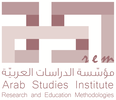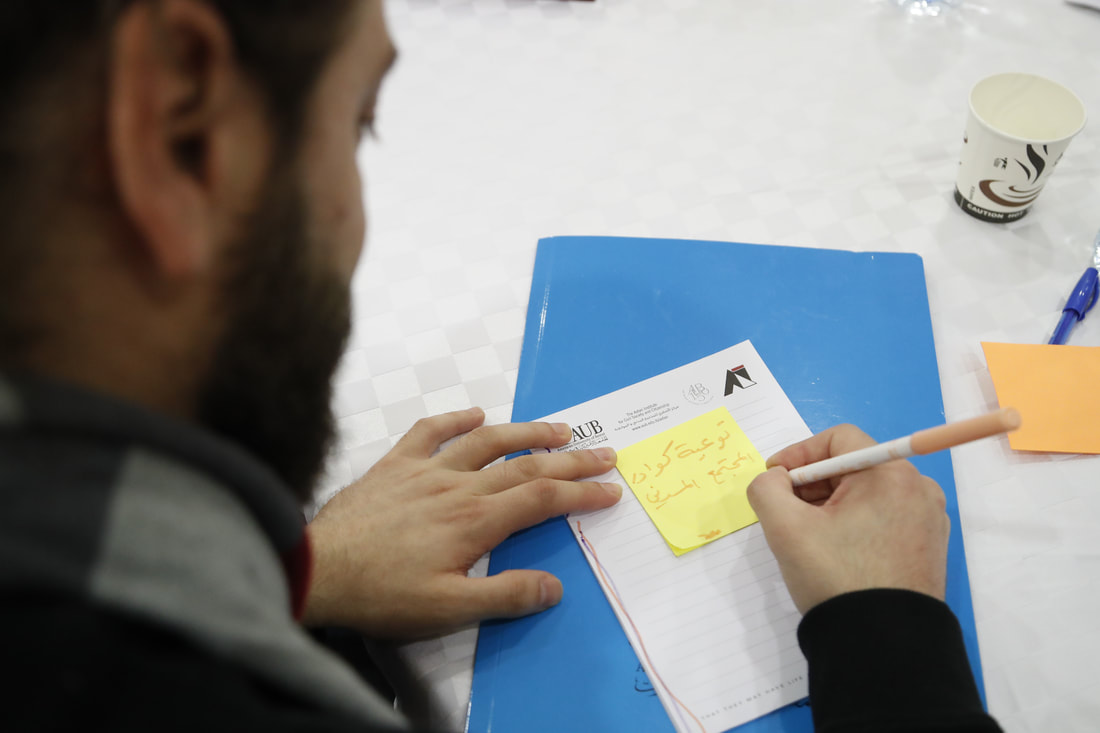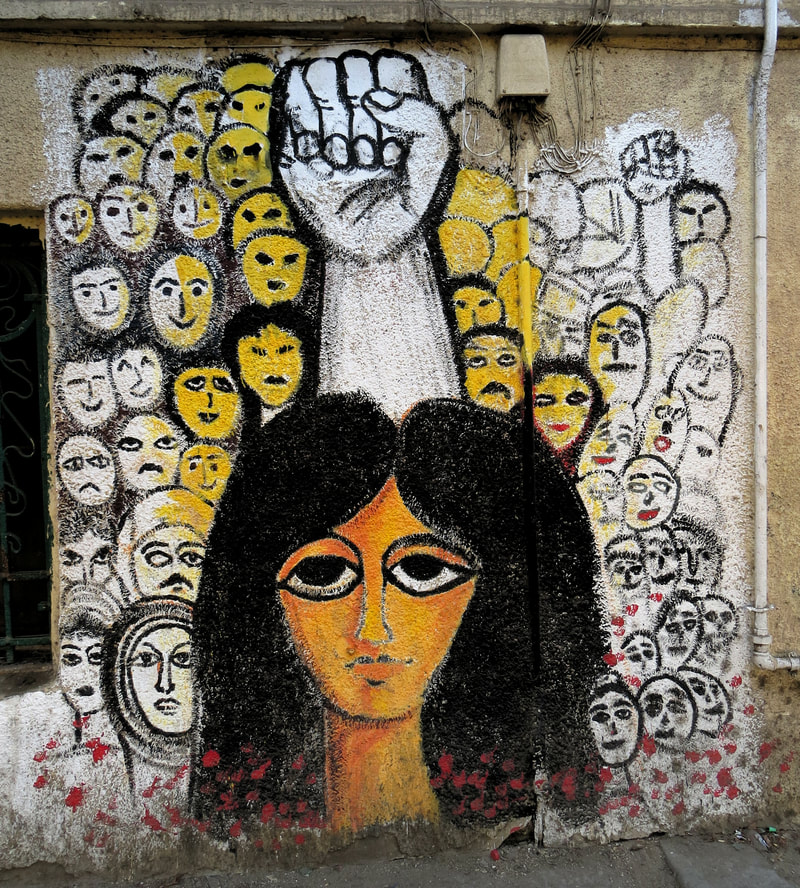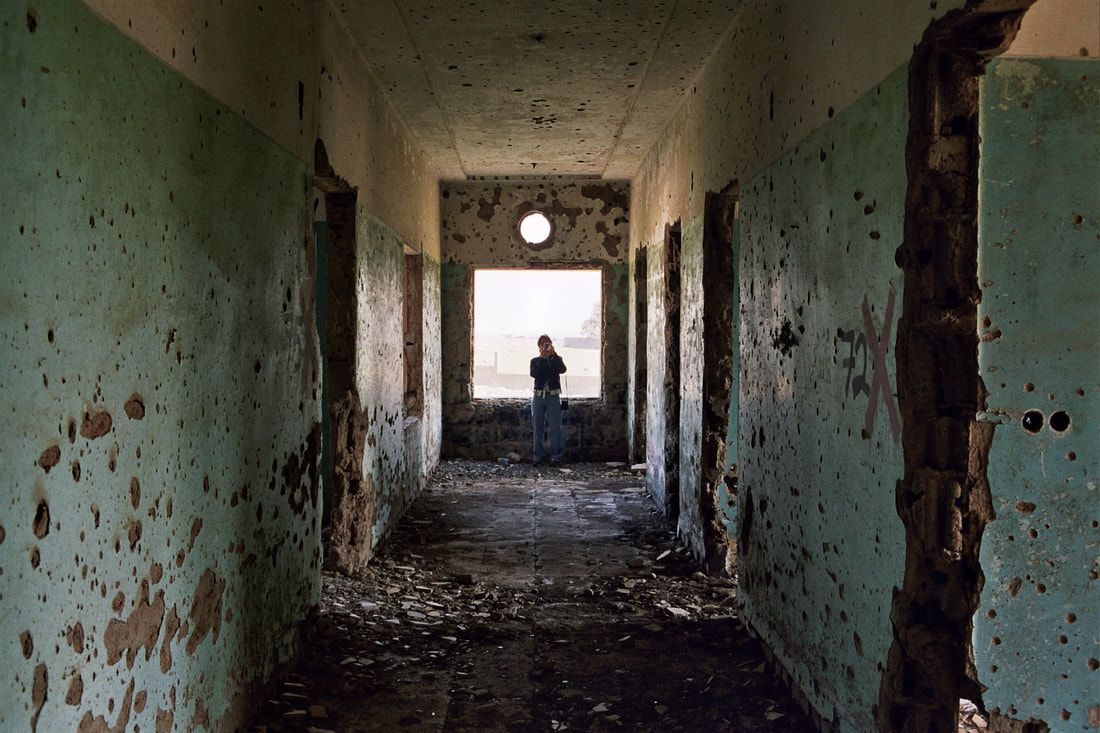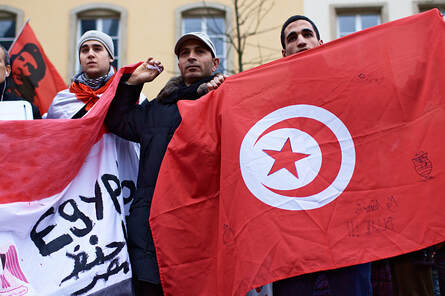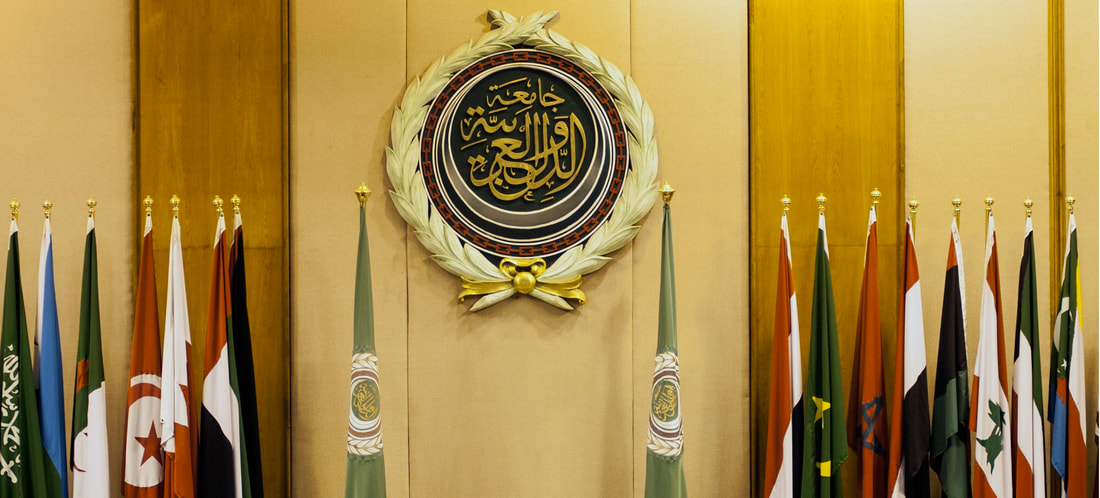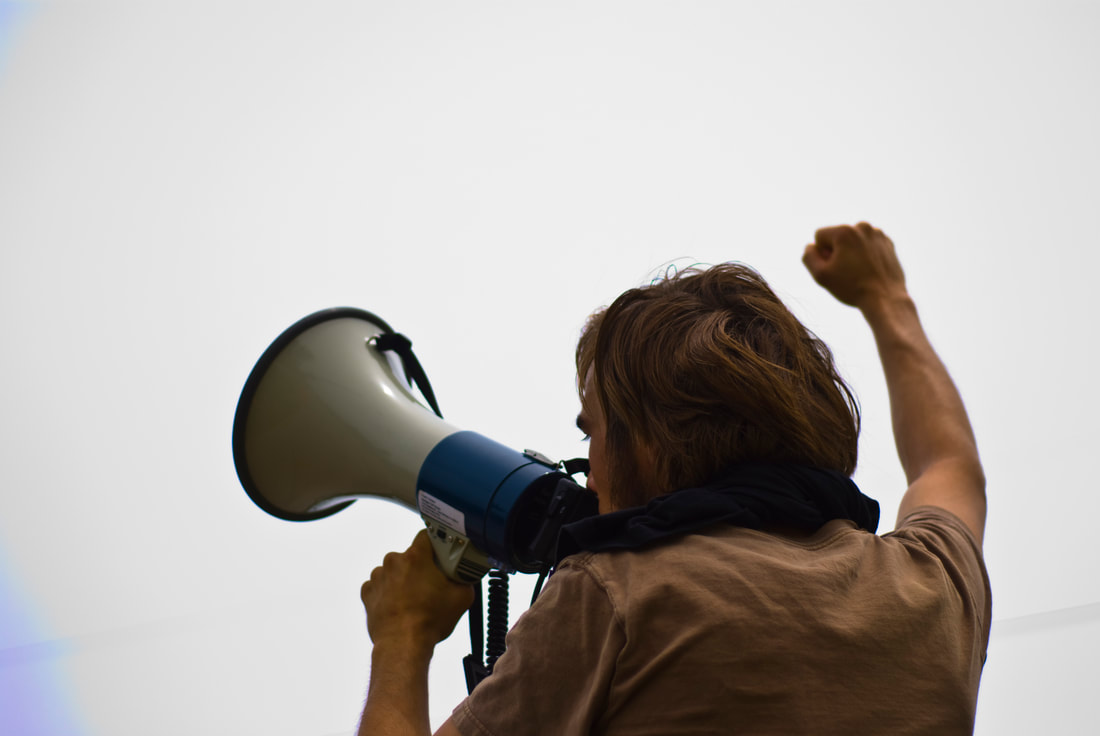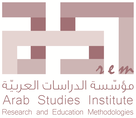- Home
- Regional Storytelling
- Student Projects
- Women of Afghanistan
- Co-ed Thesis Page
- Women's Day
- Podcasts
- Lectures
- Op-Eds
- 16 Days of Activism
- Beirut's Anger and Solidarity
- Citizens' Initiatives
- Lebanon Protests
- Hassan Abbas Memorial
- Research Papers
- Events
- Hotspots
- Spotlight
- Art Competition
- WE ARE READING
RESEARCH PROGRAMS
Civil Society Law and Governance
The program will explore the various means that civil society actors and the state impact each other, including the legal frameworks that govern civil society by the state, the ways civil society actors attempt address the state and its policy production processes, and civil society organizations and movements’ own internal structure. By specifying six research areas – three in relation to law and three in relation to governance – the program aims at overpassing the assessment of civil society in any sense, and instead resorts to observing, documenting, and analyzing the performance of civil society organizations and movements.
The Civil Society Law and Governance takes interest in studying how the civil society is crystalizing at a critical time in legal production for the modern state, with the aim of curbing the latter in its endeavors to control the lives of individuals. The program stands out here from other research programs that choose to focus first on studying civil society as a phenomenon that was born out of the economic and social evolution of modern communities, and that transformed from modes of organic and traditional solidarity to other forms based on objective frameworks, such as labor, education and urbanization. Instead, the program chooses to zoom in on legal production of countries in order to limit the concept of “civil society” away from any show of resistance and negotiation, which communities have been keen on illustrating in the face of the regimes of colonial empires.
Culture as Resistance
|
“Culture as Resistance” is a research program that aims to alleviate the status of “resistance culture” to become a scientific topic in the world of academic research in the region. To fulfill this goal, the program will be based upon the integration of three mechanisms:
The program defines “culture of resistance” as the entirety of interventions at the intellectual, emotional, spiritual and material levels that social actors resort to, whether they were individuals or communities, in order to resist the constraints imposed on their freedom, or to stand against the forms of power that violate their dignities. Henceforth, the program sees resistance in the fight for dignity, love in the time of hatred, free thought in the time of “takfir”, joy in the time of bloodshed, and spreading the culture of citizenship in the time of tyranny, and in all times. |
Role of Civil Society in Conflict and Post Conflict Settings:
The cases of Yemen, Iraq, Syria, and Libya
Funded by The Asfari Foundation, the Role of Civil Society in Conflict and Post Conflict Settings Program aims to examine the role of the civil society in on-going conflicts in addition to their role in post-conflict countries in the Middle East and North Africa region, while considering 5 main areas of research:
Through this program, the Asfari institute aims to present itself as a leading institution exploring the main challenges facing the civil society in the presented countries and their priorities for the coming period as the conflicts seem to be receding, but not necessarily ending on a nationwide consensus over stability, security and reconciliation. The program will consider the past and current situations of the allotted cases through the prism of the main areas of research to provide a holistic analysis, which shall eventually serve as a foundation for future recommendations.
The program will take into consideration the liberal paradigm on civil society which presumes a relatively unproblematic relationship between the emergence of a robust civil society and political democratization and peace building since they build social capital, trust and shared values, which are transferred into the political sphere and help to hold society together, facilitating an understanding of the interconnectedness of society and interests within it.
- Reconstruction and re-emergence of crony capitalism
- Urban planning / Gentrification
- Truth and reconciliation roadmaps; forced disappearances; rights and return of refugees (all under the umbrella of Transitional Justice)
- Surpassing war economy
- Governance of diversity: the post-Ottoman model
Through this program, the Asfari institute aims to present itself as a leading institution exploring the main challenges facing the civil society in the presented countries and their priorities for the coming period as the conflicts seem to be receding, but not necessarily ending on a nationwide consensus over stability, security and reconciliation. The program will consider the past and current situations of the allotted cases through the prism of the main areas of research to provide a holistic analysis, which shall eventually serve as a foundation for future recommendations.
The program will take into consideration the liberal paradigm on civil society which presumes a relatively unproblematic relationship between the emergence of a robust civil society and political democratization and peace building since they build social capital, trust and shared values, which are transferred into the political sphere and help to hold society together, facilitating an understanding of the interconnectedness of society and interests within it.
RESEARCH PROJECTS
THE LAY OF THE LAND: A Social Mapping of Daily Practices in Informality amongst Syrian Displaced Communities in Lebanon
Funded by the Ford Foundation, this research project examines how, in the face of conflict and crisis, Syrian displaced individuals and communities in Lebanon are attempting to (re) organize themselves within the informal sector to secure access to essential services. We understand informality as a sector of goods and services that is outside of, but not necessarily disconnected from the formal purview of the state. In Lebanon, most citizens are already accessing resources such as water and electricity from within the informal sector. Whereas access to such services might ideally be seen as indissolubly linked to the rights of citizens, the distribution of such goods in Lebanon is hardly equal in practice. The access to goods and services by displaced populations is consequently further compounded in such a context where, by the nature of the country’s political economy, must also acquire and secure their rights through informal networks.
By addressing this question of informalization and displacement, we reflect on practices of exclusion as experienced amongst Syrian displaced communities from different socio-economic backgrounds who are otherwise perceived as non-citizens in Lebanon. We aim to document through qualitative methods and life history approaches some of the ways Syrian communities have attempted to harness basic livelihood necessities. In so doing, we examine how the Syrian crisis is contributing to the reassembling of these networks, their hierarchies, and ultimately reshaping modes of governance and state borders between Syria, Lebanon and among Syrians themselves.
Transnational Social Movements
|
In November 2017, the Civil Society, Law and Governance Program launched a regional collaborative research project on Transnational Social Movements (TSMs) in the Arab region, with the financial support of the Carnegie Corporation of New York. This project explores the political, economic, and social factors hindering the TSMs' ability to generate feasible and effective social policy change amid the region’s shifting political landscape, especially after the collapse of the Arab Spring.
We have identified five areas of study according to the policy priorities in the region that emanate from the existing literature and the soliciting of engaged experts' opinions, and the recent regional events over the last years: |
- Anti-globalization, Austerity and Social Injustice,
- Digital Activism,
- Civil and Political Rights,
- Gender Discrimination,
- Access to Natural and Public Resources.
League of Arab States
In November 2017, with financial support from the Open Society Foundations' Arab Regional Office (OSF-ARO) the Civil Society Law and Governance Program launched a regional research project titled "The Reform and Development of the Arab Regional System: the Future of the League of Arab States (LAS ).”
This project was collaborative research with OSF to help its Arab office identify the body of literature around the mentioned topic, the former and current actors, the economic and political stakes, and the challenges facing the regional institution (LAS) after the collapse of the Arab Spring. Accordingly, we conducted extensive mapping of available resources, people, and key themes over a year to help the OSF strengthen its network regarding this topic. The activities we undertook included:
This project was collaborative research with OSF to help its Arab office identify the body of literature around the mentioned topic, the former and current actors, the economic and political stakes, and the challenges facing the regional institution (LAS) after the collapse of the Arab Spring. Accordingly, we conducted extensive mapping of available resources, people, and key themes over a year to help the OSF strengthen its network regarding this topic. The activities we undertook included:
- Commissioning eight background papers,
- Coordinating with Steering Committee (SC) members to review and finalize these papers, and facilitating five SC meetings in Beirut, Amman, and Cairo,
- Conducting interviews with high profile LAS former and current officials and experts,
- Hiring a consultant to produce bi-monthly roundups on “how the LAS is covered in international media?”
- Organizing four consultations revolving - each - around one major topic of regional cooperation/ integration, namely: Economic Cooperation and Arab investments in the region, Media and Arab Press, Arab Nationalist Approaches to LAS reform scenarios, and Arab Youths' Visions and Expectations on the Future of the LAS
The Arab Social Activism Observatory (ASAO)
|
The Arab Social Activism Observatory (ASAO) is a project co-funded by the Asfari Foundation and the OSF-Arab Regional Office and is one of the main signature projects of the Asfari Institute that are set to happen every year. It aims to map new types of social activism among the emerging social movements within the region, to document them through interviews and calls for papers, and to reflect on their capacity to lead policy-related demands despite the growing closure of the Arab public spheres.
|
This research project covered five interconnected activities during 2017-2018:
- Identifying good trainers and syllabi with the help of a four-member Steering Committee to build the first regional training program targeting young social activists’ knowledge and skills; and creating a transparent system of selection of trainees from six Arab countries;
- Producing three folders of reading materials that link the changes in the region to the wider movements of social activism taking place worldwide, and widen the exposure of the ASAP trainees to new concepts, skills and tactics;
- Building a network of partner organizations interested in the same activities regionally and internationally;
- Conducting an intensive three-week training program (ASAP) with twenty young Arab activists in Arabic (126 hours, in addition to public lectures and site visits); and
- Producing the first Arab Social Activism Annual Report which we hope that will become a signature activity of the Asfari Institute (to be launched on March 29, 2019).
ADDRESS
Address
PO Box 63 Brummana 1204-2010, Maten, Lebanon Tel: +961-70-300308 |
CONTACT
|
